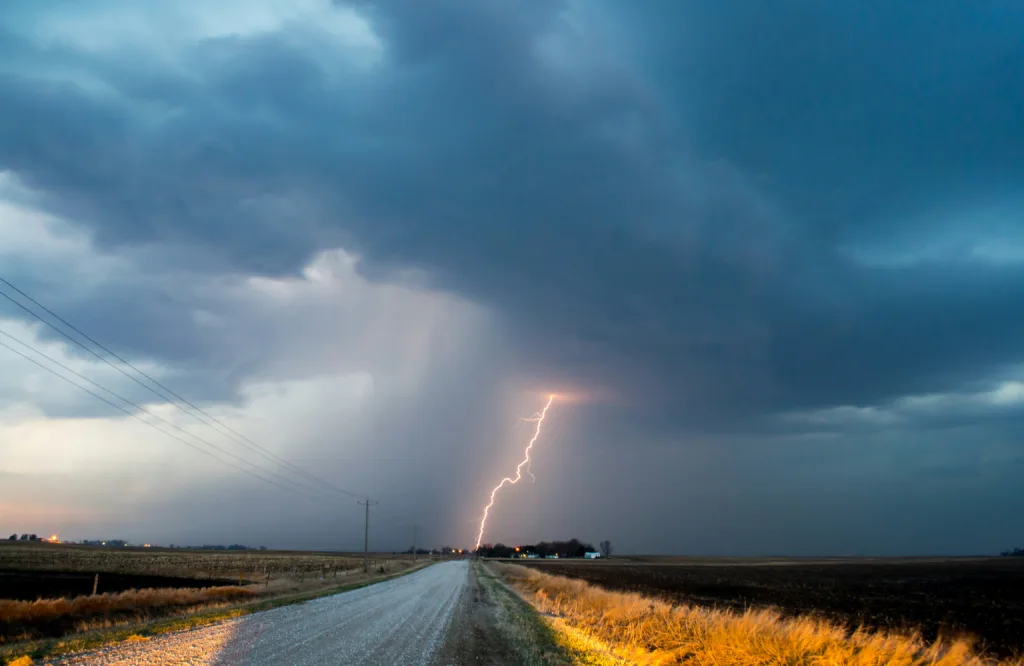Russia-Ukraine conflict history of what happened
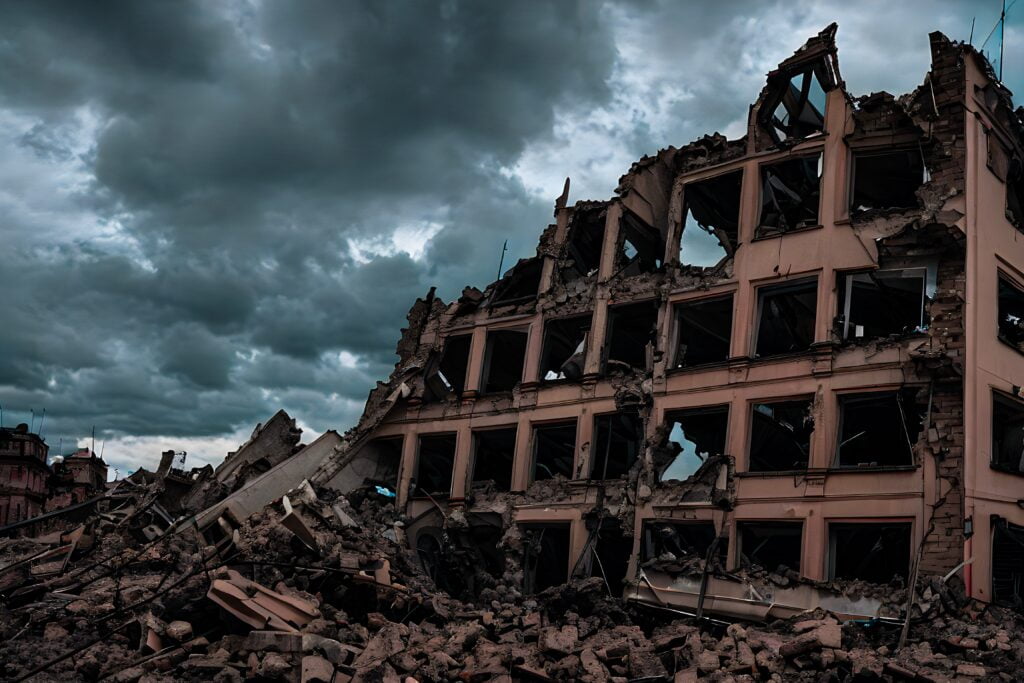
Photo by Norman Koroliuk on Unsplash
Russia-Ukraine conflict
The Russia-Ukraine conflict is a complex conflict with a long history. The roots of the conflict can be traced back to the collapse of the Soviet Union in 1991 when Ukraine gained its independence. Russia has long viewed Ukraine as a part of its sphere of influence and has been reluctant to see Ukraine join NATO or the European Union.
The conflict escalated in 2014 when Russia annexed the Crimean Peninsula from Ukraine. This was followed by a pro-Russian uprising in eastern Ukraine, which led to a civil war. The war in eastern Ukraine has killed over 14,000 people and displaced over 2 million people.
On February 24, 2022, Russia launched a full-scale invasion of Ukraine. The invasion has caused a humanitarian crisis in Ukraine, with millions of people displaced from their homes. The war has also had a significant impact on the global economy, causing energy prices to rise and disrupting supply chains.
The Russia-Ukraine War is a major turning point in history. It has upended the post-Cold War order and has created a new security landscape in Europe. The war is also having a significant impact on the global economy, and it is likely to have long-term consequences.
Russia-Ukraine conflict: Putin and Russia’s Imperial Identity
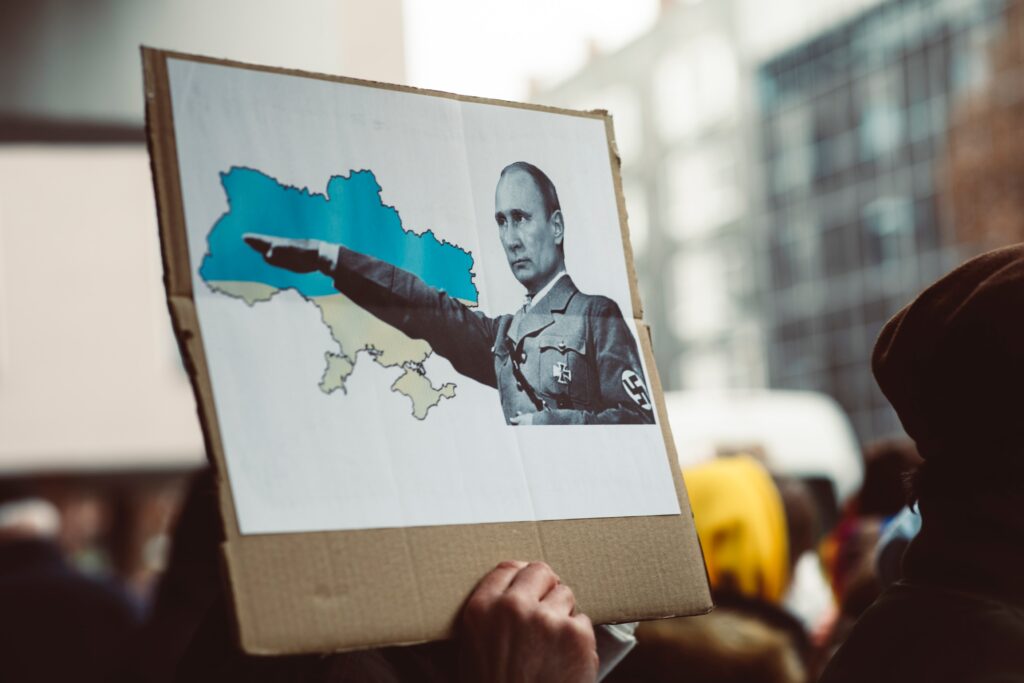
While his February 21 speech was particularly vitriolic, Russian President Vladimir Putin’s claims that Russians and Ukrainians are “one people” with a shared history have a long history in Russian circles. This belief has influenced Russian political practice and discourse.
However, Ukrainian nationalism emerged during the 19th century when Ukraine was partitioned between Russia and Austria-Hungary. The Russian Empire persecuted Ukrainian activists and suppressed Ukrainian identity.
Despite a brief period of independence, Ukraine experienced Russification under Stalin’s rule. With the collapse of the Soviet Union, Ukraine gained independence, which some Russian elites doubted. Putin’s imperial rhetoric portrays Ukraine’s desire for independence as a result of external manipulation, leading to the 2014 invasion of Ukraine. Russian hubris underestimated the depth of Ukrainian identity and the changes that occurred in Ukraine since the Soviet collapse.
Russia-Ukraine conflict: The Making of Ukraine and Ukrainians
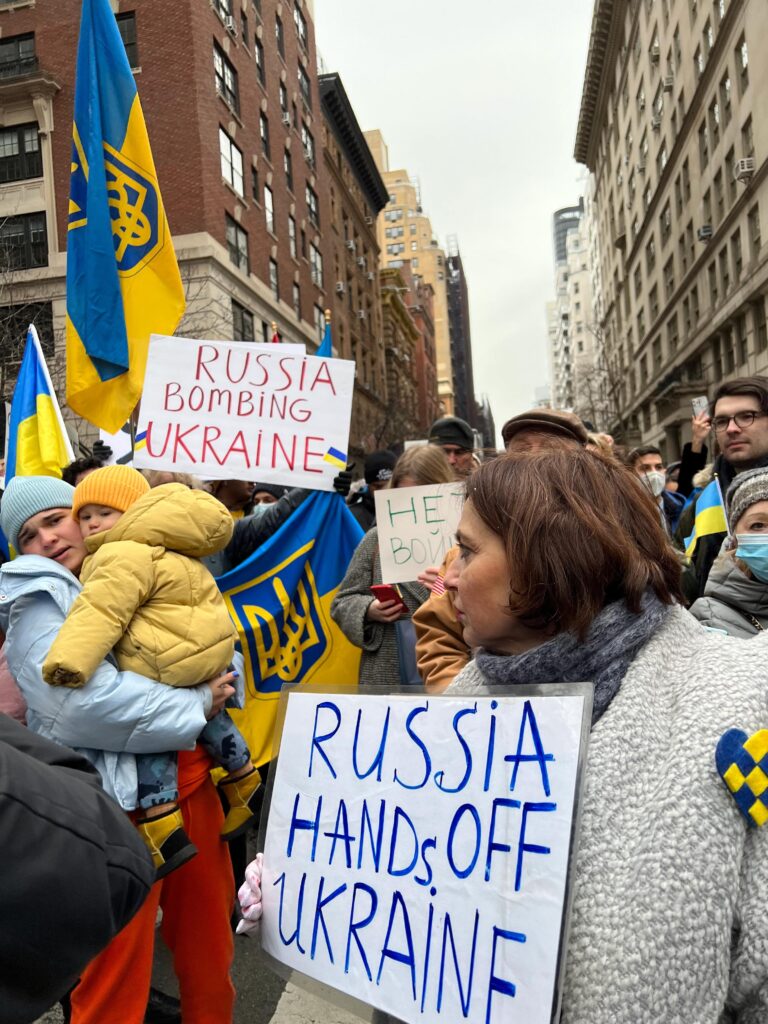
Though the relationship between Russians, Ukrainians, and Belarusians remains an object of contention in all three countries, Ukraine has made enormous strides in consolidating a shared civic identity, which includes the bulk of Russian speakers in eastern and southern Ukraine.
Over the past three decades, Ukraine has made significant progress in forging a shared national identity, consolidating “Ukrainianness” among its people, even in Russian-speaking regions. Efforts to make Ukrainians embrace their national identity have accelerated Ukraine’s decoupling from Russia, leading to Moscow’s concerns about losing influence over its neighbor.
The process involves blurring historical divisions between western and eastern Ukraine, promoting the Ukrainian language, and fostering pro-European and pro-NATO sentiments. Despite some lingering pro-Russian sentiment in certain segments of Ukrainian society, Russian meddling and attempts to coerce Ukraine back into its fold have backfired, strengthening Ukrainian nationalism and determination to resist Russian influence.
These factors have hindered Russia’s ambitions and led to its increasingly risky actions to regain control over Ukraine.
Russia-Ukraine conflict: The Road to War- and Beyond
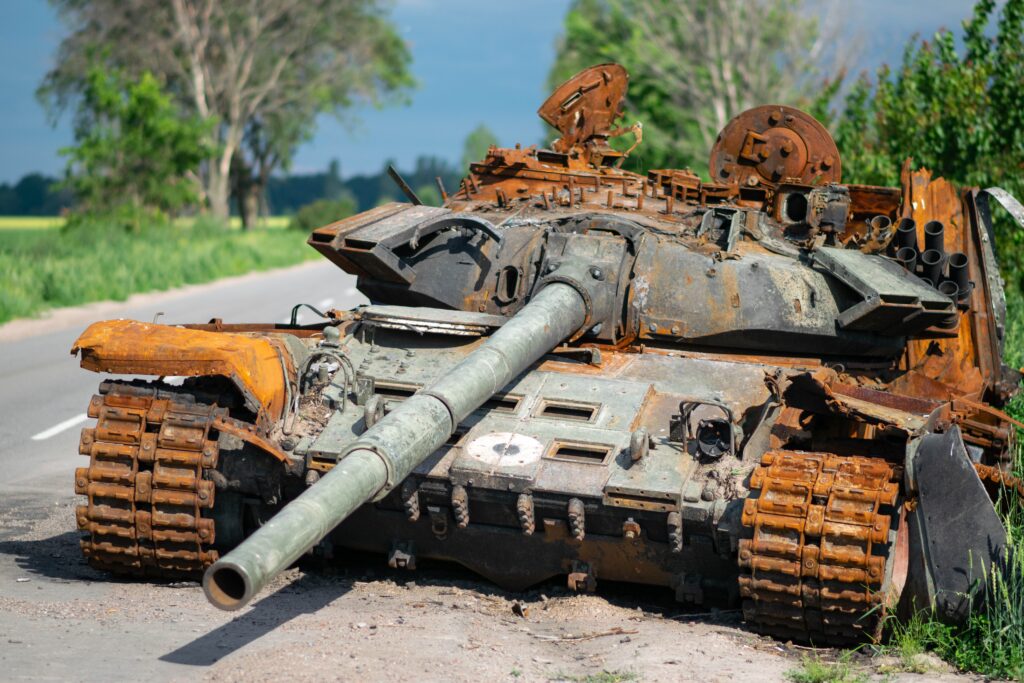
In response to Russia’s actions in Donbas and its deteriorating security environment, the United States and the European Union imposed economic penalties on Russia, crippling its economy. NATO reinforced its military capabilities in Eastern Europe and reaffirmed its commitment to the potential membership of Ukraine and Georgia. The United States also withdrew from the INF Treaty, allowing for nuclear deployments in Europe and Asia.
Faced with a distracted West, Putin launched a full-scale invasion of Ukraine in February 2022. Even with the reported 190,000 troops massed on the Ukrainian border when the invasion began. The invasion failed to achieve its objectives, leading to heavy casualties and sanctions that severely impacted Russia’s economy. Despite a boost in Putin’s popularity, the war triggered an exodus of educated Russians and internal crackdowns.
Russia-Ukraine conflict and Effects on international boundaries
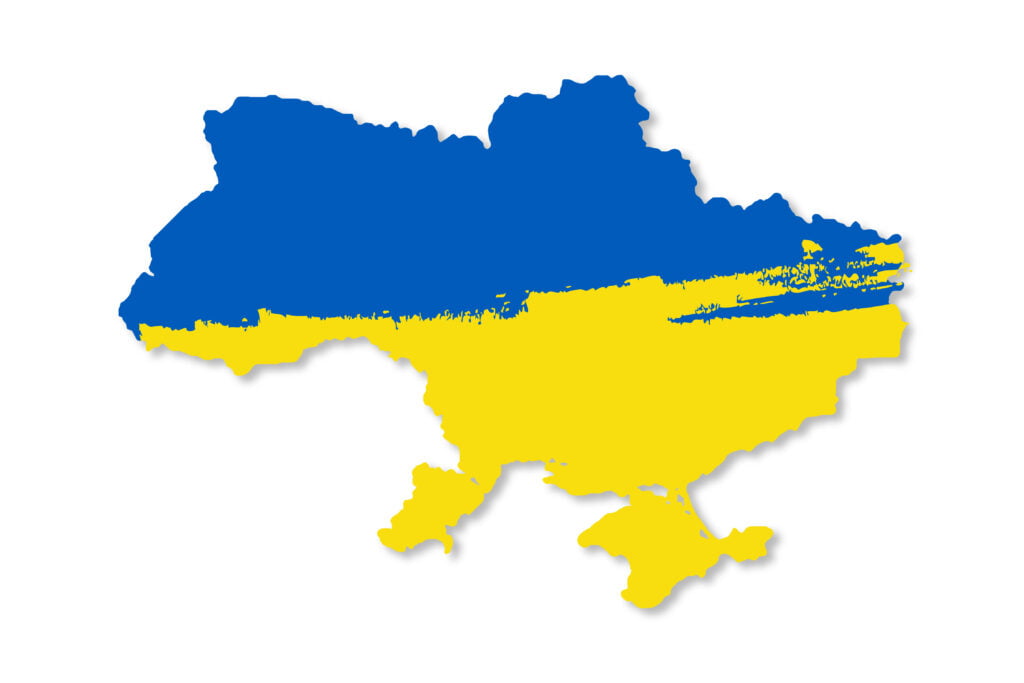
The Russia-Ukraine war has had a significant impact on international boundaries. The annexation of Crimea by Russia has effectively changed the borders of Ukraine, and the war in eastern Ukraine has created a new de facto border between the two countries.
The war has also raised questions about the future of the Donbas region, which is located in eastern Ukraine. The Donbas is home to a large Russian-speaking population, and some people in the region have called for independence or annexation by Russia. The war has also raised the specter of a wider conflict, as NATO countries have been providing military assistance to Ukraine.
The war is likely to have a significant impact on the future of international boundaries. It is possible that the war will lead to a redrawing of boundaries in Europe. It is also possible that the war will lead to a new security architecture in Europe, with NATO playing a more prominent role.
Russia-Ukraine conflict and Effects on Economics
The Russia-Ukraine war has had a significant impact on the global economy. The war has led to a sharp rise in energy prices, which has had a ripple effect throughout the global economy. Food prices have also risen, as Ukraine is a major exporter of wheat and corn. The war has also disrupted supply chains, which has led to shortages of some goods. The war has also had a negative impact on the economies of Ukraine and Russia.
The International Monetary Fund (IMF) has estimated that the war could cause Ukraine’s economy to shrink by 35% in 2022. The Russian economy is also expected to contract in 2022, as a result of sanctions imposed by the West. The IMF projects that global growth will slow from 6.1% in 2021 to 3.6% in 2022. The war is also expected to have a disproportionate impact on developing countries, which are more reliant on imports from Russia and Ukraine
NATO-Alliance issues
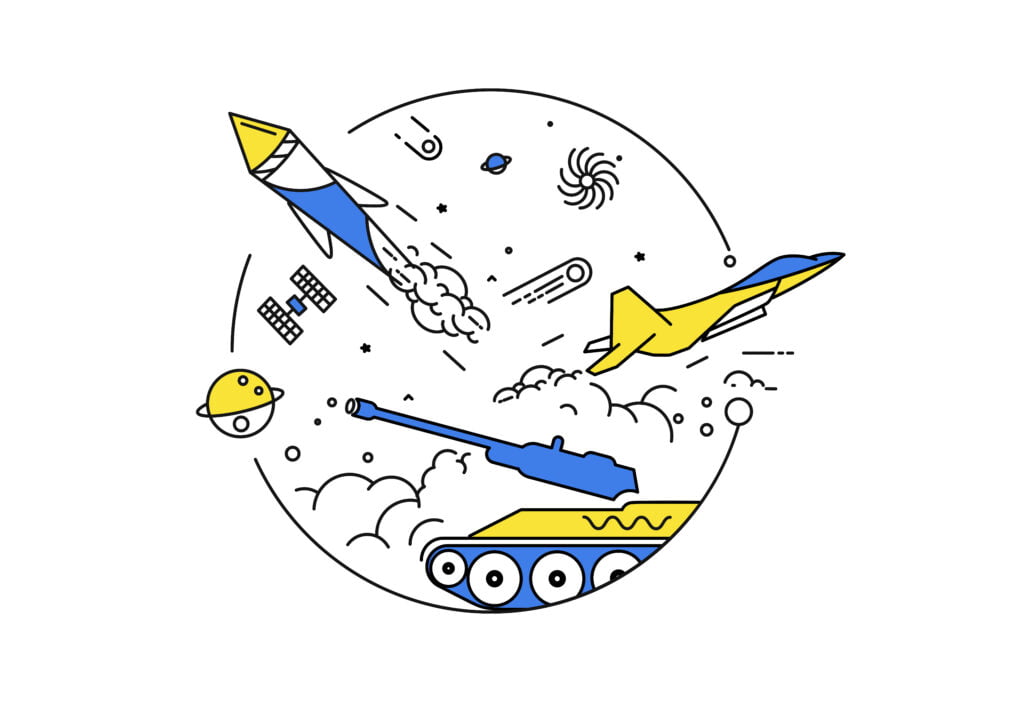
The Russia-Ukraine war has also had a significant impact on NATO. The war has led to a renewed focus on NATO’s collective defense and has prompted some countries to increase their military spending. The war has also raised questions about NATO’s expansion, as some countries in Eastern Europe have expressed concerns about Russia’s intentions.
The war has also raised questions about NATO’s future. Some countries have argued that NATO should expand to include Ukraine, while others have argued that NATO should focus on its core mission of defending its members. The war is likely to continue to be a major factor in NATO’s strategic planning for years to come.
Threats to neighboring countries
The Russia-Ukraine war has also raised concerns about the security of neighboring countries. Moldova, Georgia, and Belarus are all former Soviet republics that have expressed concerns about Russia’s intentions. The war has also led to an increase in tensions between Russia and NATO, which could have implications for the security of the entire European continent.
Conclusion
The war is still ongoing, and it is too early to say what its ultimate impact will be. However, it is clear that the war has already had a profound impact on the international system. The war has shown that the post-Cold War order is fragile, and it has raised questions about the future of NATO and the European security architecture. The war is also having a significant impact on the global economy, and it is likely to have long-term consequences.


